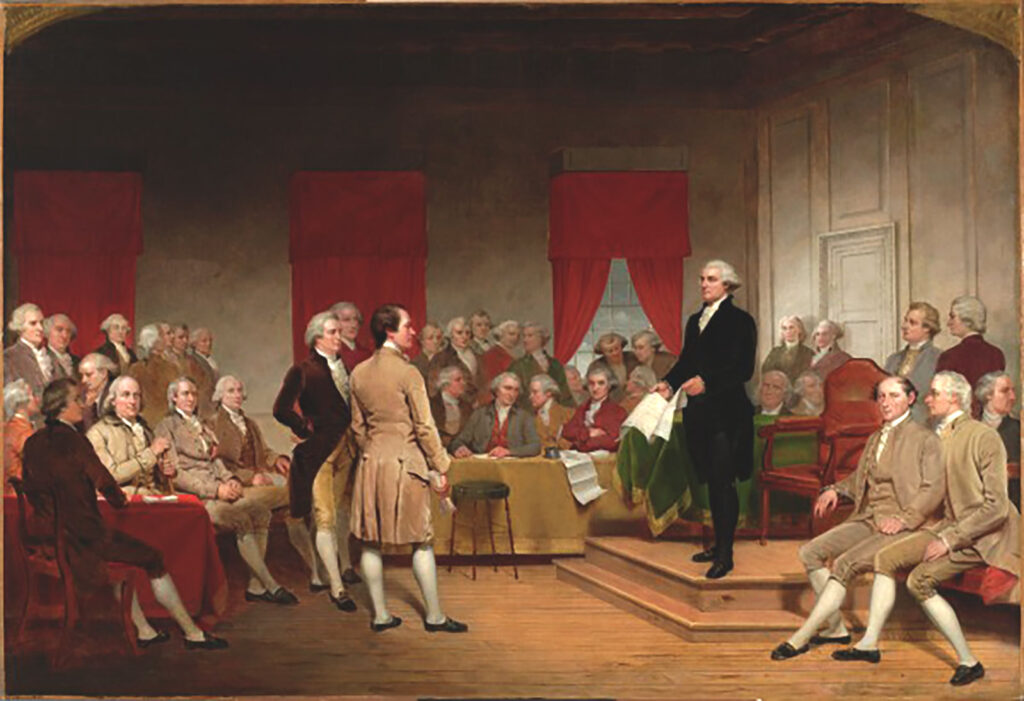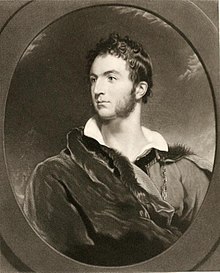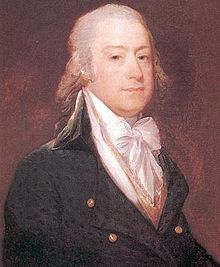“Apprehensive, that the Government of these States, may in future times, end in a Monarchy”
Last month the Journal of the American Revolution published Ray Raphael’s article “A Kingly Government?: Benjamin Franklin’s Great Fear.”
Franklin and James Madison were among the most vocal of the men at the Constitutional Convention wary of assigning too much power to the executive branch, or investing too much of that power in one man.
Ray Raphael writes:
Madison opened the bidding. Wouldn’t it be “proper,” he asked, “before a choice should be made between a unity and plurality in the Executive, to fix the extent of the Executive authority?” Madison proposed minimal powers: “to carry into execution the national laws” and “to appoint offices in cases not otherwise provided for.” With little dissent, state delegations agreed. Executive authority was subservient to legislative demands, save only for some lesser appointments. Most significantly, he/they would not possess the “powers of war and peace.”Later the debate turned to whether there would be a single executive and how long one man would hold that office:
Franklin stewed over the prospect of a single executive serving for seven years. “Being very sensible of the effect of age on his memory,” he told the Convention the next morning, he carefully wrote down his objections. Saddled with a weakened voice and failing eyes, he would find it difficult to read aloud what he had just penned, so James Wilson offered to read it for him:I’d like to refute Franklin’s belief in “a natural inclination in mankind to Kingly Government.” However, too many people speak of U.S. Presidents as solely responsible for laws, court decrees, wars, and other actions that the Constitution explicitly assigns to other branches. And a smaller but still too large number of people are attracted to obvious strongmen.It will be said, that we don’t propose to establish Kings. I know it. But there is a natural inclination in mankind to Kingly Government. It sometimes relieves them from Aristocratic domination. They had rather have one tyrant than five hundred. It gives more of the appearance of equality among Citizens, and that they like. I am apprehensive therefore, perhaps too apprehensive, that the Government of these States, may in future times, end in a Monarchy.
Back in 1787, as the convention went on, however, most delegates seem to have let those worries subside a bit. The example of George Washington in the chair probably had an influence. No better solutions presented themselves.
We know that Franklin and Mason opposed a single executive, fearing the extent of his powers. They had sounded the alarm at the outset of the convention, and [George] Mason’s opposition to ratification would highlight the dangers of a single executive as well as the absence of a bill of rights. But Madison’s concern has received scant attention. A chief architect of the Constitution’s checks and balances, he failed to gain traction for this protection against an executive who put himself over country. Convention fatigue might well have played a role.The Constitution did explicitly reserve “powers of war and peace” for the legislature, and limited the single executive to a four-year term. While the British Crown could veto legislation, a U.S. President’s veto could be overridden. Still, the fear of a President taking on monarchical powers and the rest of the government being unable or unwilling to stop it remained.
Ray Raphael’s article ends with Franklin’s exchange with Elizabeth Powel, as recorded by James McHenry:
Well Doctor what have we got a republic or a monarchy. A republic replied the Doctor if you can keep it.(I’ve discussed that anecdote at length since 2017.)















